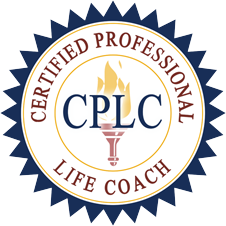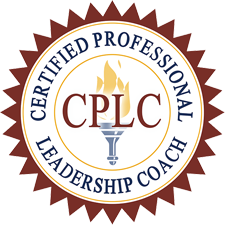By Vanessa Denha Garmo with Ashourina Slewo
I was sitting a meeting with clients and commented about a social media post being a teaser? Then I said something about B-roll. I quickly realized I was using media jargon that seemed foreign to my clients.
Sitting among professionals like yourself, you may use jargon and not think twice about it and that’s okay. You are all in the same or similar profession, jargon is just another facet of your vocabulary. Keep it in that clique, though, because it has no place in your content!
There could be a number of reasons people choose to use jargon in their content. Whether it’s the shorter way of saying something or if it’s to come across as knowledgeable. Regardless of the reason, just stop. Jargon overcomplicates your content and will ultimately take away from the message you are trying to convey. Of course, there are times you need to use it and if you do with people who don’t, start explaining.
Jargon is not here to impress
Jargon does little to impress audiences. In fact, the overuse of jargon will effectively have your audience checking out and completely missing the core message. Your audience is not comprised of your peers and coworkers, they don’t know the insider verbiage. You risk making your audience feel excluded from the very message that is supposed to be geared towards them.
This goes for “big” words. I had interviewed this doctor a few times on my public affairs show It’s Your Community at the urging of his PR person at the hospital where he worked. He is still on my top ten list of worst interviews.
I eventually had to say, ‘no more’. He always talked as if the room was filled with physicians at some medical conference. Half the time, I had no idea what he was talking about, which made it difficult for me to keep the conversation engaging.
I was not impressed with him at all.
When you are being interviewed, remember there is a vast audience listening to you and majority don’t live in your day-to-day world.
Jargon can make you seem untrustworthy. A study conducted by New York University tested how jargon affected audiences. Using two sentences, both of which conveyed the same message, but used different verbiage, audience members had to vote on which sentence was more accurate. The NYU researchers found that “the very same content were judged as more probably true when they were written in concrete language than when they were written in abstract language.” Concrete in this case refers to the simplified sentence.
They were able to understand the message, they didn’t have to think too hard about whether it was accurate or not. The last thing you want to do is seem untrustworthy, especially around clients. Impressing your clients should not include talking circles around them as they try to decode every other sentence.
It is time to simplify.
You may feel as though you are dumbing down your content, but in reality, you are making your content easier to understand and catering to your audience. Regardless of your field, plain English is the best way to go – no more, no less.
Think of some strong content or even marketing campaigns that resonated with you. What did they do that made their content so strong?
Think Super Bowl commercial. Many people look forward to them for the very reason that they are simple and effective. For me, it’s Chrysler’s Super Bowl commercial that featured Eminem. Through music, shots of Detroit’s slow, but steady resurgence and Eminem’s poignant statement at the end, Chrysler conveyed their message without using a single word that I had to Google. They made the connection of Chrysler to Detroit, both strong and resilient.
You want to create content that resonates with your audience and in order to do that you have to step away from the jargon.
Some may argue that it’s necessary in some cases, but if you truly want to convey a powerful message and keep your audience interested, you will find a way to do it without cluttering your content with jargon. Don’t give in to the idea of jargon being a necessary evil. Break the habit and realize that your content is better off.
Here are just a few words and phrases we teach in our media training workshops to avoid.
- Best practice approach
- My passion
- Pathway to….
- Taking action
- Nailed it
- Think outside the box
- High-end (homes, apartments, etc.)
- Ground-breaking
- Radical change
- Unique (compared to what or how so?)
Be cautious of the adverbs you use, many of these are opinions!





